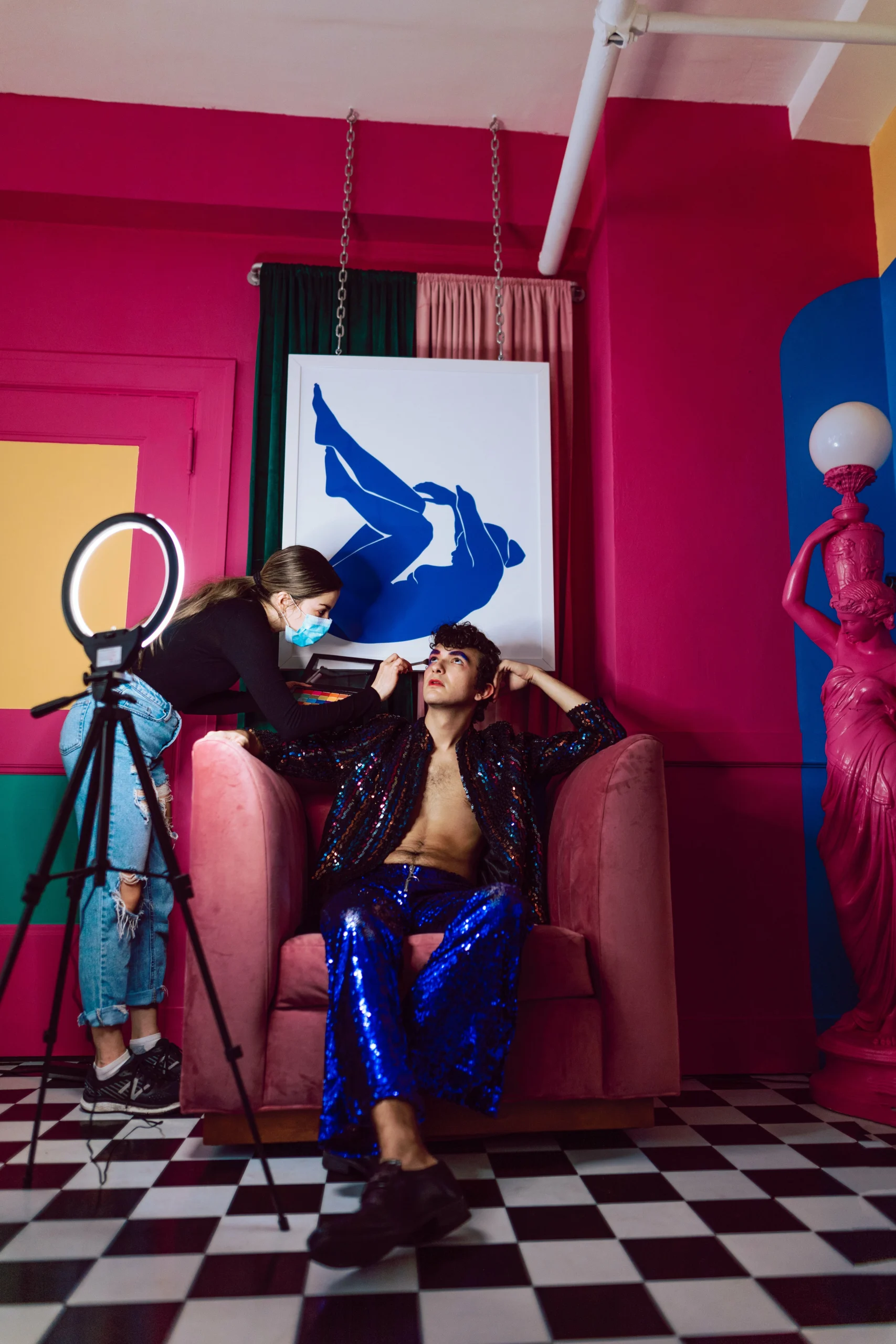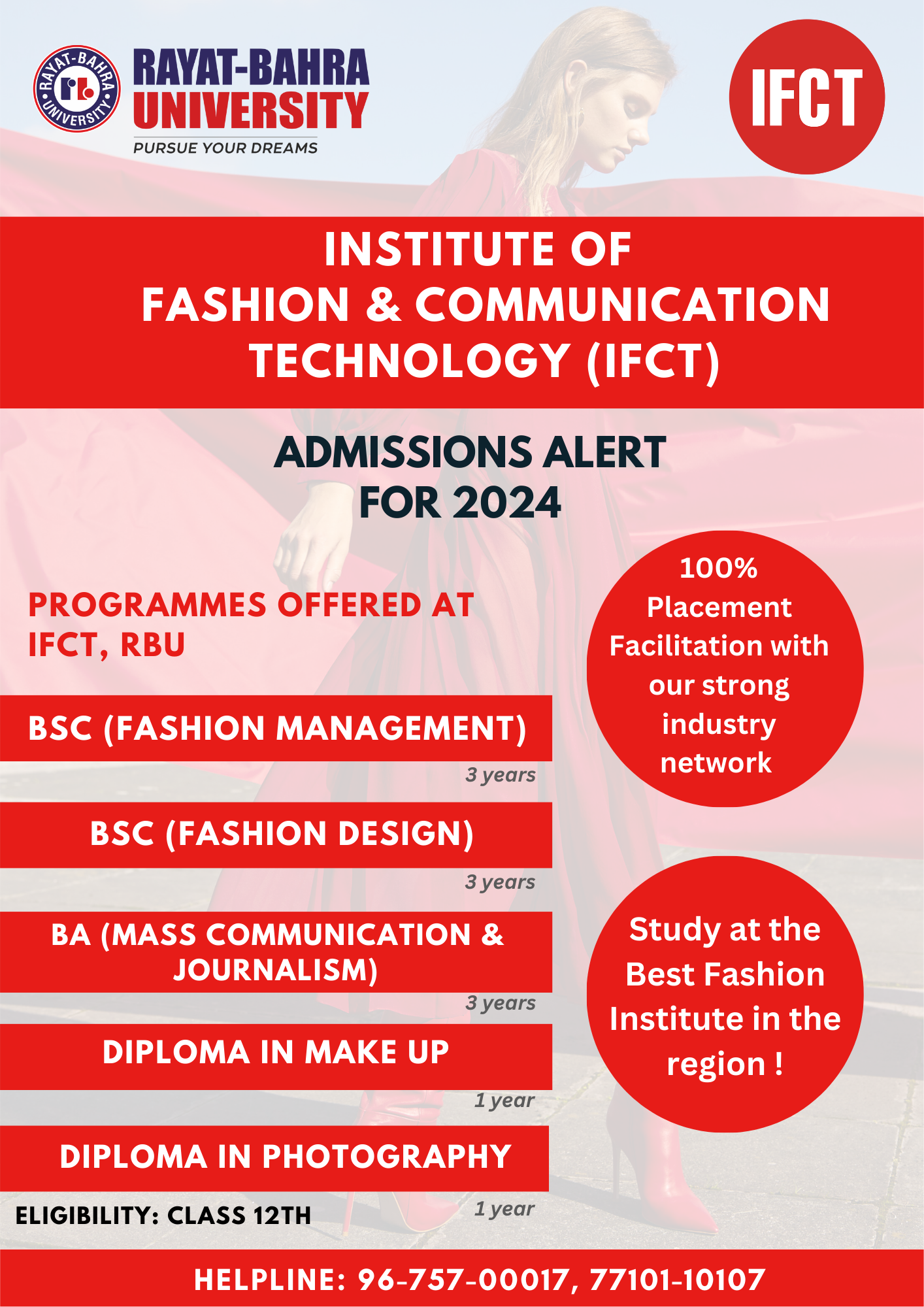Anybody who wants to work as a makeup artist is going to need to have artistic skills as well as good dexterity. A knowledge of makeup and cosmetics is essential, as is an understanding of which tools to use and how to use them. Aspiring makeup artists are encouraged to keep a portfolio of their work and to regularly experiment with new techniques in their spare time. There are also specialized training courses and programs available.

Step 1: Cultivate Your Passion and Skills
Before venturing into the professional realm, it’s essential to cultivate a genuine passion for makeup artistry. Experiment with different looks, practice on friends and family, and immerse yourself in the world of beauty trends. Develop a keen eye for detail, color theory, and an understanding of various face shapes and skin tones.
Step 2: Education and Training
While innate talent is valuable, formal education and training can provide a solid foundation for your career. Consider enrolling in reputable makeup schools or programs that offer comprehensive courses covering makeup techniques, hygiene, product knowledge, and industry trends. Many programs also provide hands-on experience and opportunities to build a professional portfolio.
Step 3: Build a Professional Portfolio
A strong portfolio is your visual resume in the makeup industry. Document your best work through high-quality photographs that showcase your versatility and skill. Include a variety of looks, from natural to bold, and demonstrate your ability to work with diverse skin tones and features. A compelling portfolio is crucial when applying for jobs or freelance opportunities.

Step 4: Network within the Industry
Networking is key in the makeup industry. Attend industry events, workshops, and connect with fellow makeup artists, photographers, models, and other professionals. Establishing a network can open doors to collaboration, job opportunities, and exposure. Utilize social media platforms like Instagram to showcase your work and connect with potential clients and collaborators.
Step 5: Gain Practical Experience
Hands-on experience is invaluable for a makeup artist. Consider working at beauty counters, assisting established artists, or freelancing for events. Practical experience not only hones your skills but also helps you understand the dynamics of working in different environments and with various clients.
Step 6: Stay Informed and Adapt
The beauty industry is ever-evolving, with trends and products constantly changing. Stay informed about the latest makeup techniques, products, and industry developments. Attend workshops, follow influential makeup artists on social media, and continue to refine your skills to stay competitive in the field.
Step 7: Establish Your Brand and Business
If you aspire to work independently, consider establishing your brand as a freelance makeup artist. Create a professional website, set up social media profiles, and develop a pricing structure for your services. Marketing yourself effectively is crucial for attracting clients and building a successful makeup artistry business.
Conclusion:
Becoming a makeup artist is a journey that requires dedication, continuous learning, and a passion for the art. By combining formal education, practical experience, networking, and staying abreast of industry trends, you can carve a successful path in the dynamic and rewarding world of makeup artistry.


